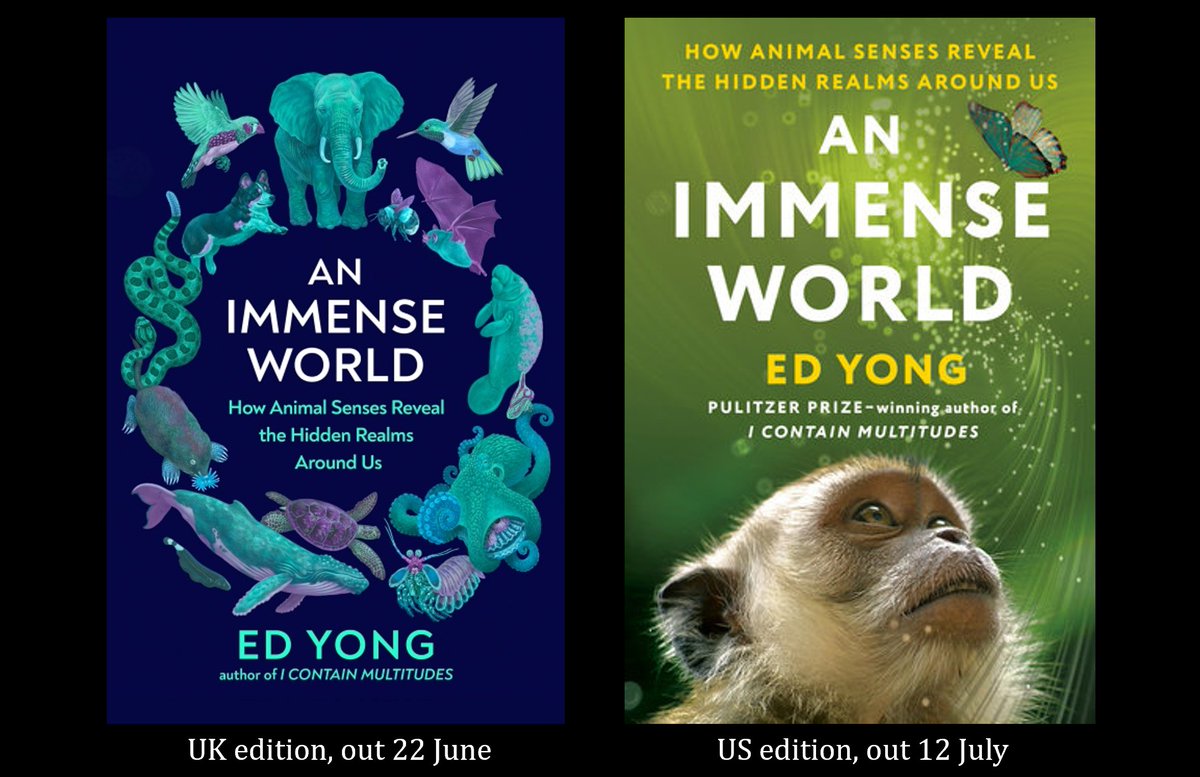
🚨I wrote about the ordeals that one community hospital in Chicago endured during the recent surge, how its remaining healthcare workers think about the future, and why, as one said, "we’re never going to be able to go back to the way we were." 1/ theatlantic.com/health/archive…
At the peak, the hospital “was inundated with patients who spent > 40 hours in the waiting room, holding tight for a bed in the ER, which was itself heaving with people who were waiting for a spot in the ICU, which was also full.” 2/ theatlantic.com/health/archive…
Advocate Trinity's staff worked heroically to to see people as quickly as possible. But they couldn’t slow the influx of patients, COVID and otherwise. There were people who went into cardiac arrest in the waiting room or still inside an ambulance. 3/ theatlantic.com/health/archive…
That wave crashed against a depleted workforce that gradually shrunk over the last year and burned out further. But many of Advocate Trinity’s remaining staff told me they are fiercely committed to staying because their community depends on them. 4/ theatlantic.com/health/archive…
The hospital is one of the few remaining health-care institutions serving the mostly Black communities of Chicago’s South Side, where 1/3 of the staff are themselves from. “If they don’t come to us, where else are they going to go?” a nurse told me. 5/ theatlantic.com/health/archive…
To me, Advocate Trinity is America’s health-care system in microcosm. Its shrinking pool of workers is shouldering, at immense personal cost, several generations of inequality and neglect, and two years of a poorly controlled pandemic. 6/ theatlantic.com/health/archive…
And while the surge is subsiding, the problems exposed and exacerbated by the pandemic aren’t. The staff is now looking at an uneasy future where they’ll have to “navigate a path forward with less.” So much rides on them finding that path. 7/ theatlantic.com/health/archive…
But there’s hope here, too. The hospital has ambitious plans to improve the health of its community, through work that would traditionally fall more within the purview public health than medicine, harkening to an era where those fields were closer. 8/ theatlantic.com/health/archive…
I've written lots about the US healthcare crisis (theatlantic.com/health/archive… & theatlantic.com/health/archive…). There's a risk of frankensteining a worst-case mosaic from the worst days of dozens of interviewees. So I wanted to do a different kind of story that focused on 1 place. 9/
This is that story. Through it, I hope to convey what it's been like to endure two years of this, why some healthcare workers have left, why others have stayed, and what challenges will persist long after this surge is past. Fin/
theatlantic.com/health/archive…
theatlantic.com/health/archive…
• • •
Missing some Tweet in this thread? You can try to
force a refresh






